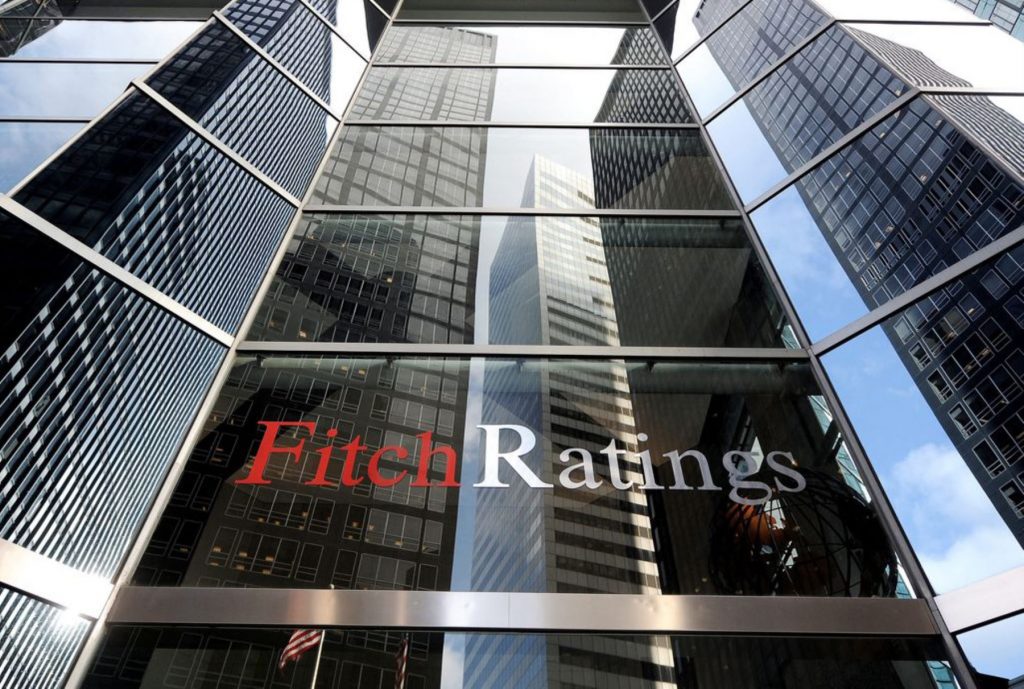
LIMA, Peru, March 28 (NNN-ANDINA) – Peru and Colombia were able to absorb the shock while maintaining their sovereign ratings, as the end of the commodity super-cycle —characterized by sharp falls in metals and energy prices from 2014— affected the countries in the Andean region to varying degrees, Fitch Ratings has affirmed.
However, the other three countries in the region have experienced downgrades.
“The Andean region continues to face significant fiscal and economic challenges linked to the sharp fall in commodity prices beginning in 2014,” it expressed.
Ratings and macroeconomic trends have diverged among Bolivia, Colombia, Ecuador, Peru, and Venezuela. However, in general, potential growth has fallen, fiscal buffers have been drawn down, and external indicators have deteriorated.
As such, the effects of the commodity price fall will continue to play out through the medium-term while further policy adjustments should be expected.
“Growth in several countries is now experiencing a cyclical recovery, but potential growth has fallen alongside reduced investment rates and lagged efforts at reform and economic diversification,” the credit rating agency added.
Likewise, Colombia and Peru are likely to see growth pick up further in the coming years, while growth rates in Bolivia should be favorable but only sustained through expansionary fiscal and monetary policy, which is depleting key financial buffers.
Likewise, Colombia and Peru are likely to see growth pick up further in the coming years, while growth rates in Bolivia should be favorable but only sustained through expansionary fiscal and monetary policy, which is depleting key financial buffers.
Venezuela is mired in a deep economic contraction.
Progress on structural reforms necessary to boost investment and productivity, and adjust to a new normal of lower commodity prices, have been slow and unlikely to progress in the near term.
Ecuador is a notable exception, where a recent IMF agreement provides a key policy anchor for meaningful policy change. Political risks and legislative challenges are likely to continue to raise uncertainties with regard to the broad reform agenda.
Fiscal challenges are also likely to remain pronounced. Fiscal buffers were largely drawn down alongside the economic slowdown of the past several years and re-building them will prove politically challenging. Cyclical recoveries and marginal improvements in commodity prices are not sufficiently strong to improve revenue bases, while spending pressures continue.
“Current account deficits in the region have narrowed markedly, but external liquidity has fallen in some cases. External financing needs also remain large while reserve positions have deteriorated,” Fitch said.
Given continued external uncertainties, external debt and liquidity metrics will be a key focus for ratings over the medium term.



